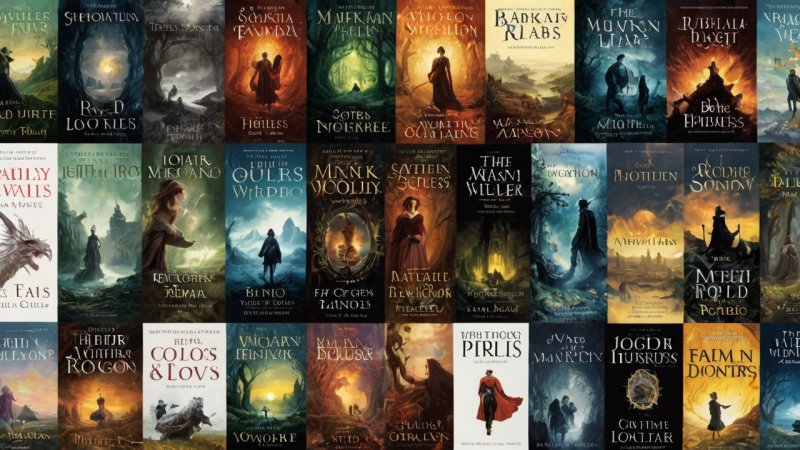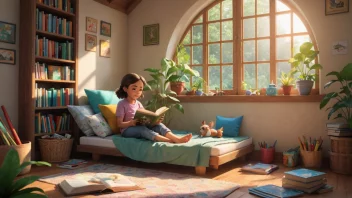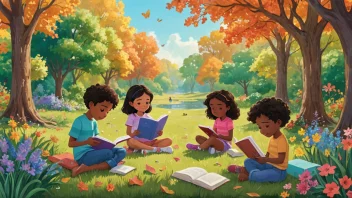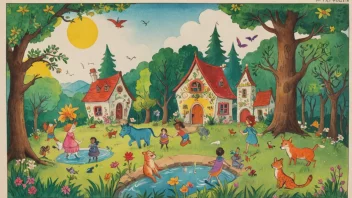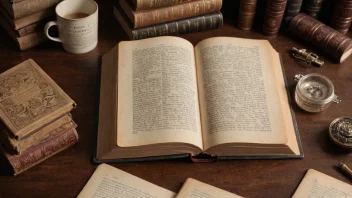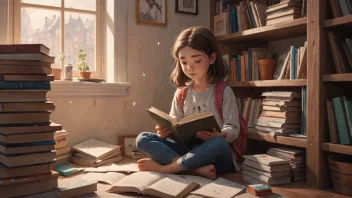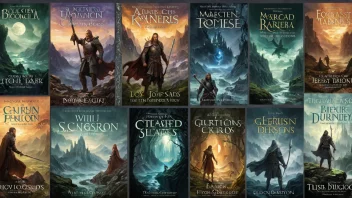1. J.R.R. Tolkien and Beowulf
J.R.R. Tolkien's work in The Lord of the Rings is heavily influenced by the epic poem Beowulf. The heroic themes, intricate world-building, and the concept of a quest are central to both texts. Tolkien’s passion for Old English literature shaped his understanding of heroism and moral complexity, which is vividly reflected in his characters.
2. C.S. Lewis and The Chronicles of Narnia
In The Chronicles of Narnia, C.S. Lewis draws on classic themes from The Lion, the Witch, and the Wardrobe. The allegorical elements and mythical creatures echo classic literature while weaving in moral lessons from Christianity, showcasing how timeless narratives can resonate in new contexts.
3. George R.R. Martin and Historical Epics
George R.R. Martin's A Song of Ice and Fire series is reminiscent of classic historical epics like The Iliad and The Odyssey. The political intrigue, moral ambiguity, and the brutal realities of power reflect classic themes of heroism and tragedy, enriching modern fantasy with depth and realism.
4. Neil Gaiman and Mythology
Neil Gaiman integrates classic mythology into his works, such as American Gods. By reimagining ancient myths and legends, Gaiman connects contemporary issues with traditional narratives, highlighting the enduring nature of these stories and their relevance to modern society.
5. N.K. Jemisin and Cultural Narratives
N.K. Jemisin's Broken Earth trilogy draws on classic themes of oppression and resilience, echoing works such as 1984 and Brave New World. Her exploration of societal structures and cultural heritage reflects classic literary concerns, making her work a modern reflection of age-old narratives.
6. Ursula K. Le Guin and Feminist Literature
Ursula K. Le Guin often explores themes found in classic feminist literature, as seen in The Left Hand of Darkness. Her examination of gender and identity challenges traditional norms and opens new dialogues in fantasy, showcasing how classic literature can inspire fresh perspectives.
7. Philip Pullman and Milton's Paradise Lost
Philip Pullman's His Dark Materials series is heavily influenced by Paradise Lost by John Milton. The exploration of good versus evil, the fall from grace, and the quest for knowledge ties Pullman's narrative to classic literature while offering a modern take on these enduring themes.
8. Brandon Sanderson and Classic Hero's Journey
Brandon Sanderson effectively employs the classic hero's journey structure in works like The Stormlight Archive. His characters evolve through trials that echo classic literary archetypes, grounding modern fantasy in a rich tradition of storytelling.
9. Anne Rice and Gothic Literature
Anne Rice's The Vampire Chronicles revitalizes themes from classic Gothic literature, such as existentialism and the supernatural. Her exploration of morality and the human condition through vampire mythology showcases how classic elements can be transformed in contemporary settings.
10. T.H. White and Arthurian Legends
T.H. White's The Once and Future King reinterprets the Arthurian legends, combining elements of classic literature with modern sensibilities. His nuanced portrayal of characters and themes of fate and free will enrich the fantasy genre and highlight its roots in classical storytelling.
In conclusion, classic literature continues to shape modern fantasy, offering themes, narratives, and character archetypes that resonate through time. The interplay between these genres not only enriches our reading experience but also fosters a deeper appreciation for the timelessness of storytelling.
